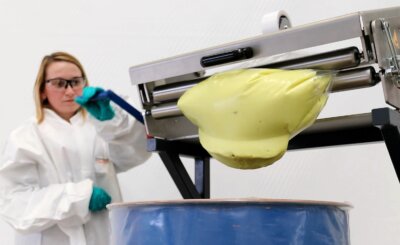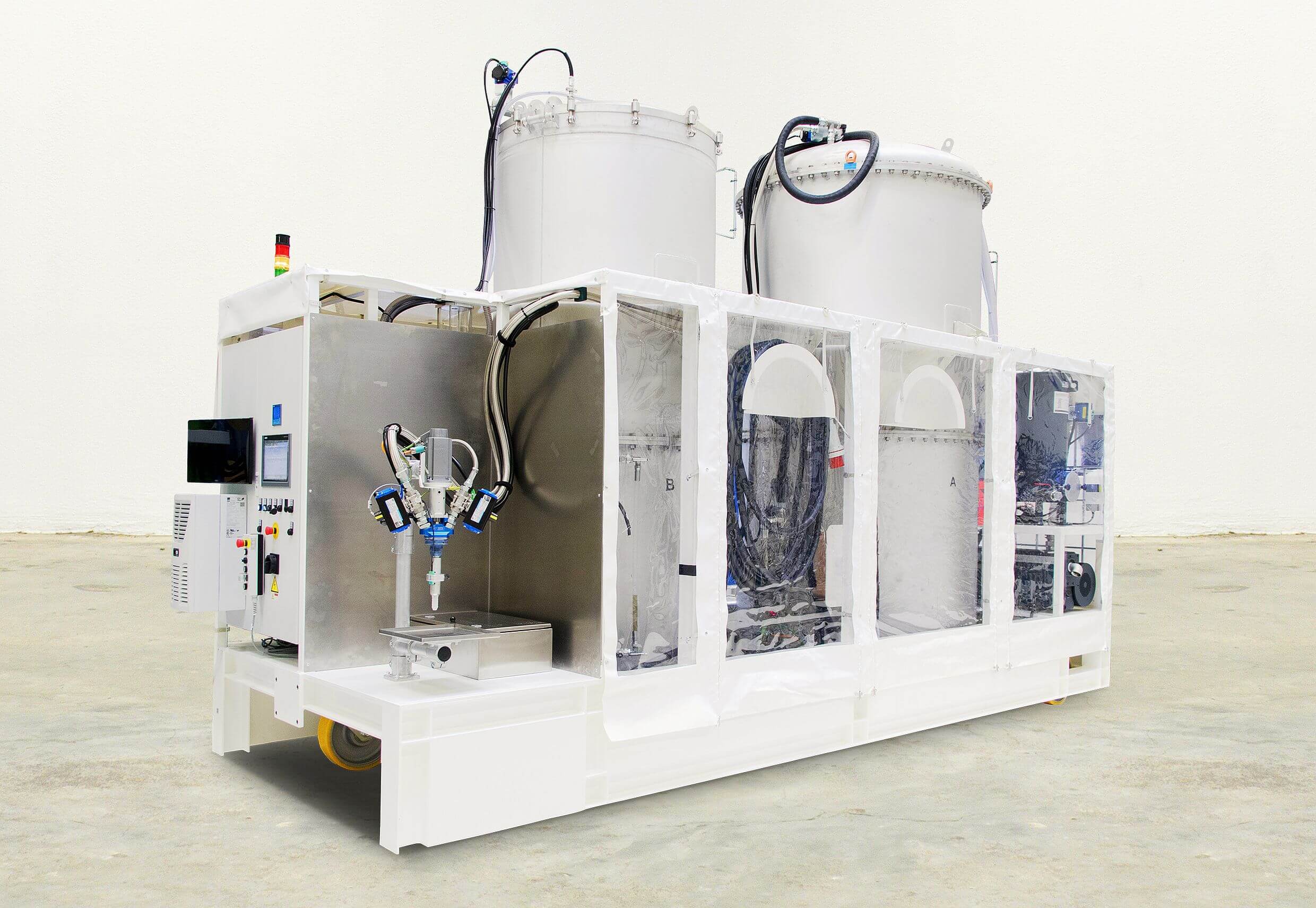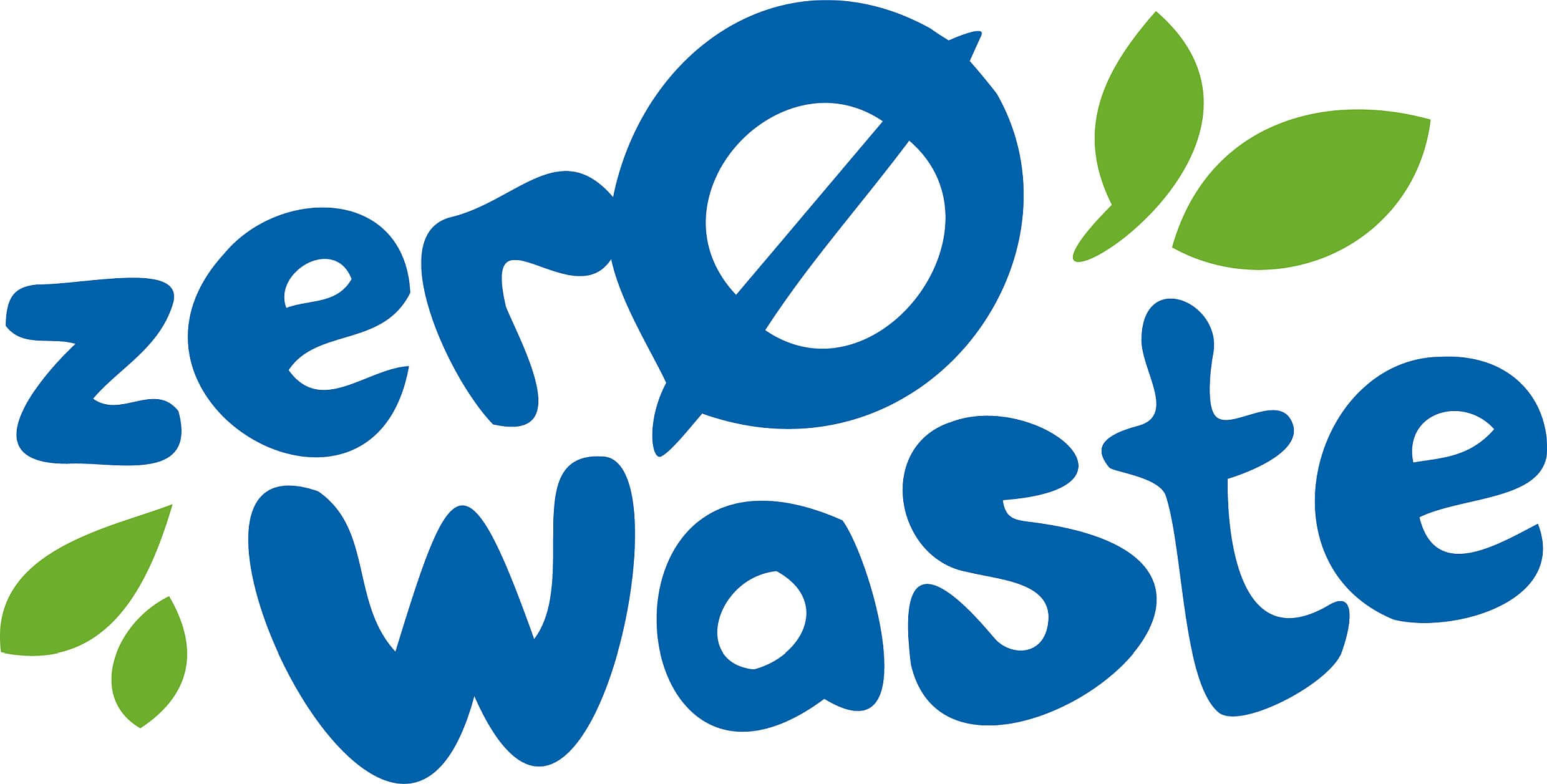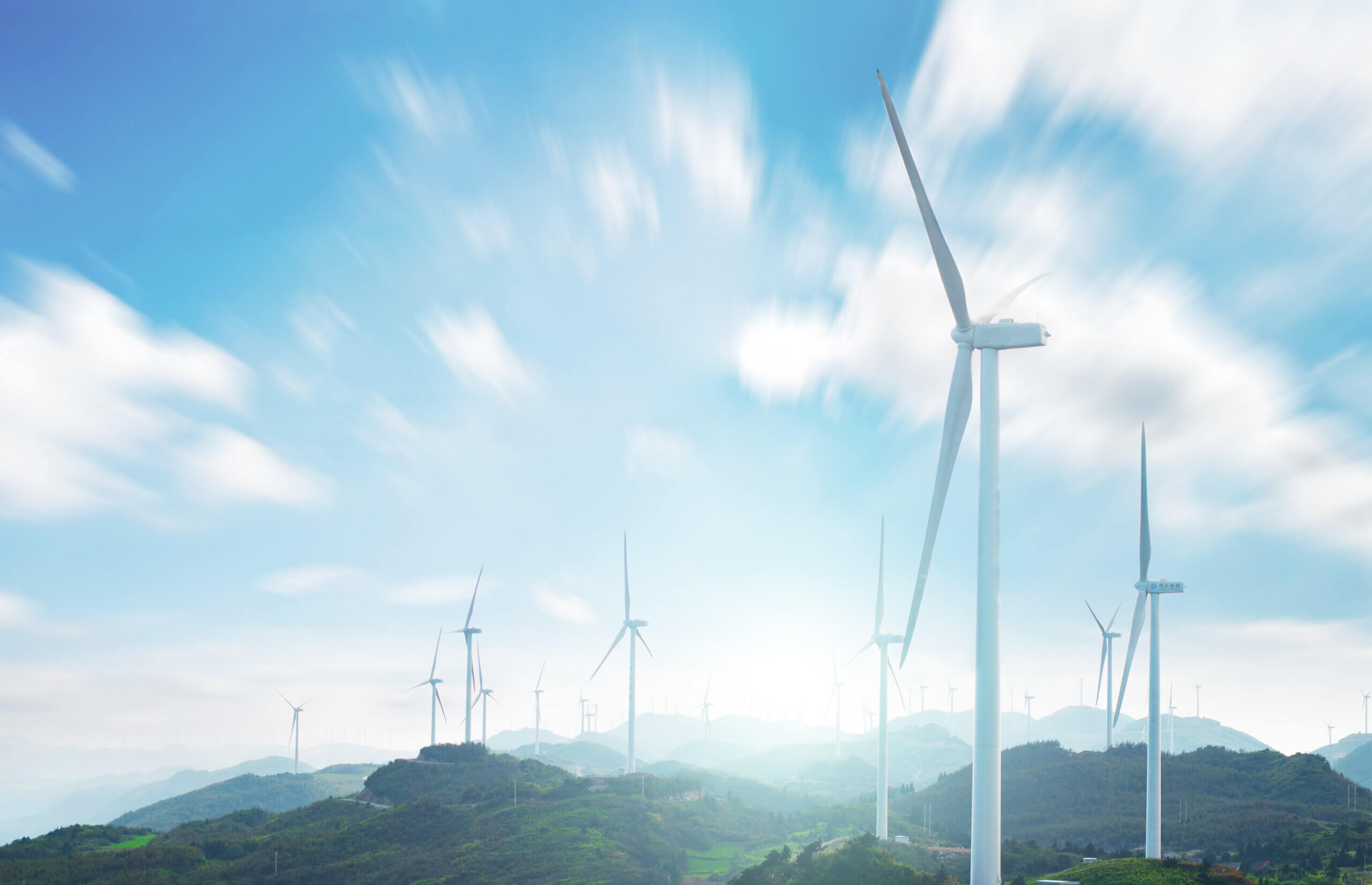TARTLER GROUP is on course for transformation into a sustainable company
TARTLER GROUP is making great strides in its transformation into a sustainable company. To this end, the mediumsized machine manufacturer has implemented numerous measures at various levels. These range from the energetic modernization of buildings and the optimization of operational processes to auditing according to DIN EN 16247 and the development of innovative system solutions for synthetic resin processing. In an interview, CEO Udo Tartler reports on the company’s achievements and further sustainability goals.
Mr. Tartler, since the start of operations at the new main facility in Michelstadt, you’ve been implementing a steadily expanding sustainability program in the group companies. Isn‘t that an enormous additional workload for management and employees?
Udo Tartler: We see it more as a commitment to the region and a mission with which we assume our responsibility for future generations. Our environmental protection measures also boost our operational efficiency. Since we have defined the principle of sustainability as a mandate for our product development, we also
generate savings potential, process optimization and innovation opportunities.
How can we imagine that in concrete terms?
Udo Tartler: In the practical implementation of our measures for resource conservation, climate protection or CO2 reduction, we directing the view inside – at our own processes in production, logistics and administration – but equally outwards, that is, at the market and customers. We not only ask ourselves what we can contribute within our own company, but also offer the users and processors of synthetic resins technical innovations for the implementation of zero-waste processes with which they can reduce their ecological footprint.
Can you first give some examples of the measures aimed at the internal processes?
Udo Tartler: At TARTLER company which manufactures our dosing and mixing systems, and at all other companies in the group, we practice extensive waste separation. As a result, we have reduced our residual waste to a minimum. Metallic waste from the machining work of our subsidiary ZT Odenwald is fed into recycling circuits and the electrical engineers at ETP Walther consistently focus on the processing and retrofitting of components and systems and their re-marketing. In all companies, we are driving digitization forward and reducing the consumption of paper, toner and ink. More than 500 photovoltaic modules on our buildings support our energy supply, and since all subsidiaries are located directly at the main plant and we obtain many components from regional suppliers, we reduce the ecological footprint of our logistics considerably. All these measures make their contribution to sustainable, environmentally sound management. This is also confirmed by the energy audit according to DIN EN 16247-1, which we have completed in the last few weeks and which now serves as a further guidepost.
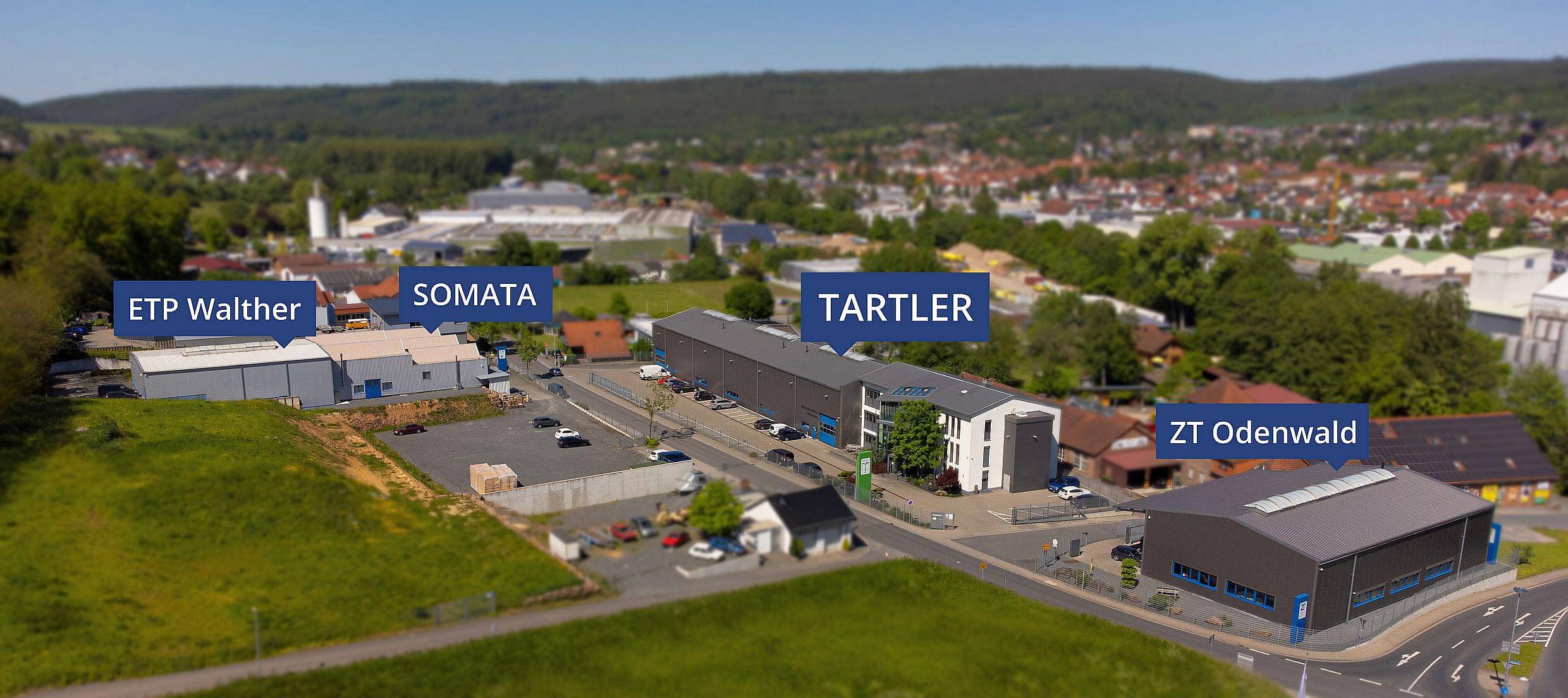


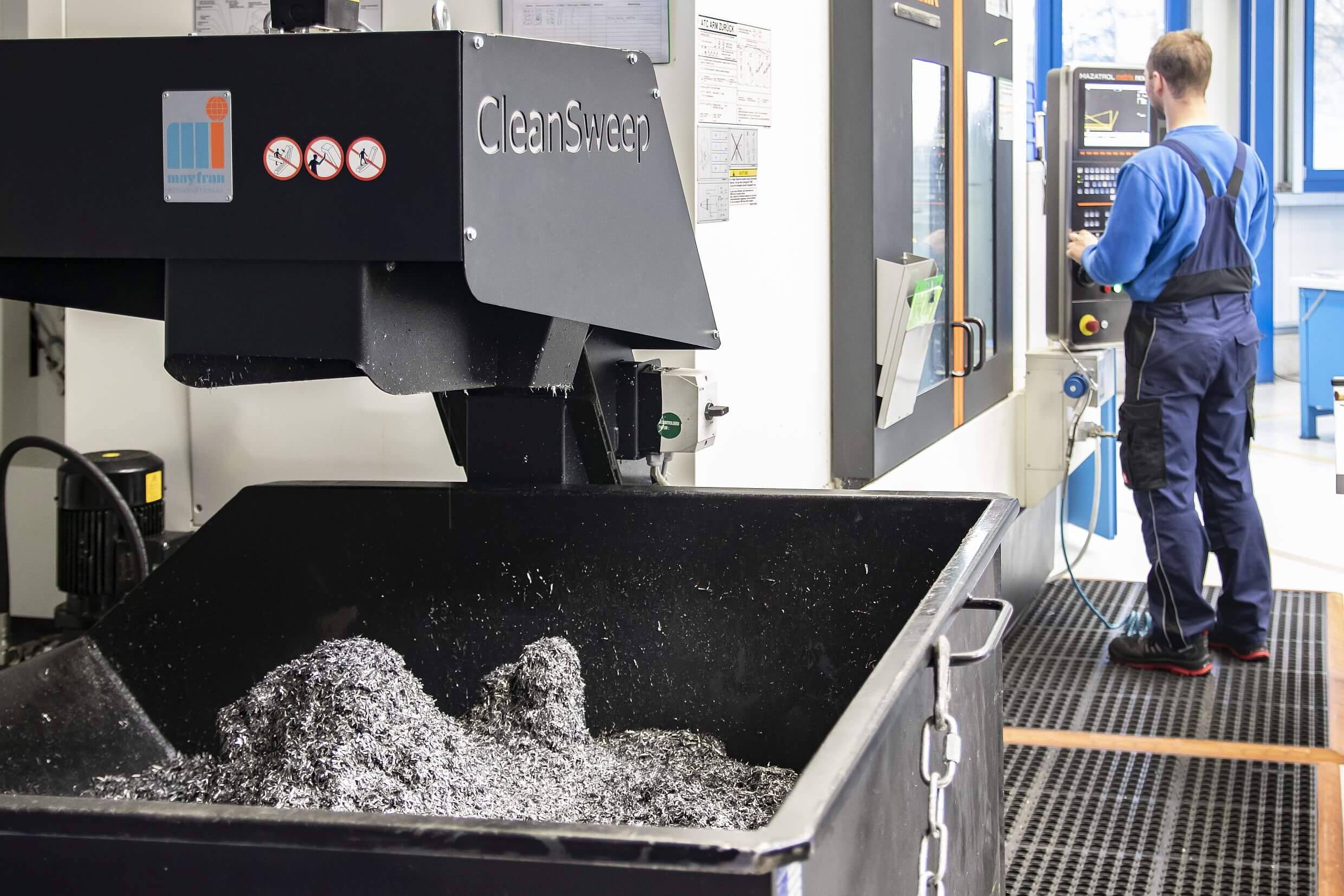
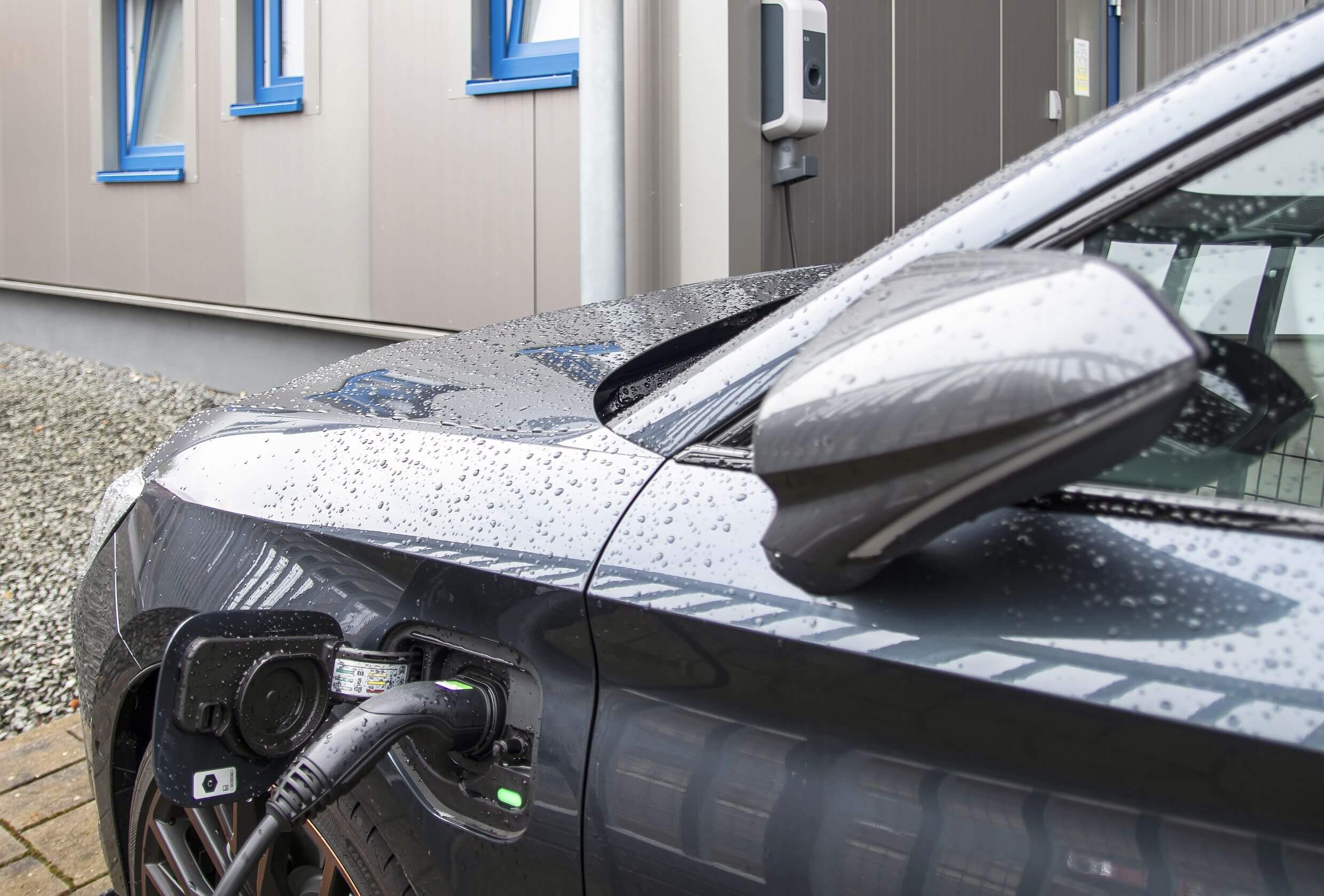
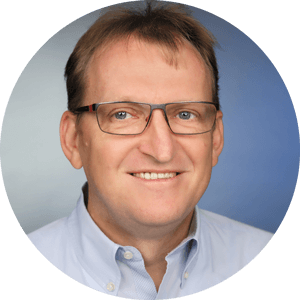 Udo Tartler: That‘s already happening. A large part of our vehicle pool already consists of electric and hybrid vehicles. In addition, we are increasingly using augmented and mixed reality tools in service and carry out a lot of work via online meetings and remote diagnosis. This saves enormous costs and reduces our CO2 emissions. We have also started the conversion of the lighting to LED technology. The heating system is currently being put to the test in all of the group‘s operations. All buildings have been designed in such a way that air conditioning is largely unnecessary. In addition, we are currently examining the introduction of key performance indicators that we could use to control our energy consumption more precisely.
Udo Tartler: That‘s already happening. A large part of our vehicle pool already consists of electric and hybrid vehicles. In addition, we are increasingly using augmented and mixed reality tools in service and carry out a lot of work via online meetings and remote diagnosis. This saves enormous costs and reduces our CO2 emissions. We have also started the conversion of the lighting to LED technology. The heating system is currently being put to the test in all of the group‘s operations. All buildings have been designed in such a way that air conditioning is largely unnecessary. In addition, we are currently examining the introduction of key performance indicators that we could use to control our energy consumption more precisely.
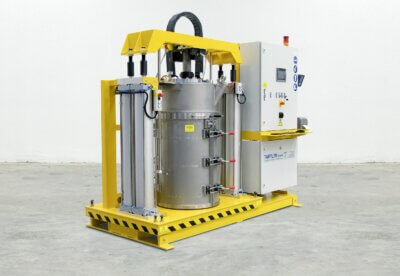 With our TAVA systems, fluid and pasty media can be filled into drums without introducing air pockets into the material. Even residual quantities from production can be deaerated, dehumidified and then reused! This enables the synthetic resin user to implement waste-free, resource-saving filling processes.
With our TAVA systems, fluid and pasty media can be filled into drums without introducing air pockets into the material. Even residual quantities from production can be deaerated, dehumidified and then reused! This enables the synthetic resin user to implement waste-free, resource-saving filling processes.